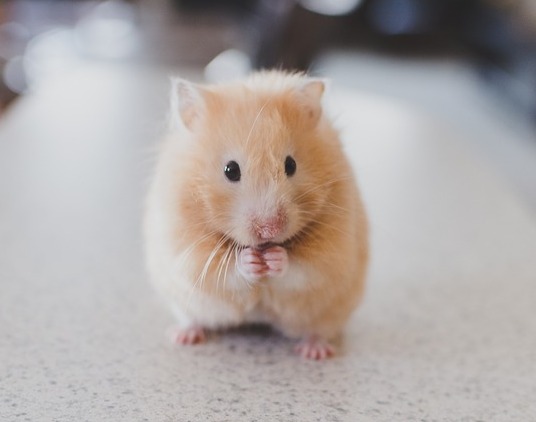Easy Care Pets For Students
So, you’ve settled into your new student home, you have your priorities in check, and your financial situation has become mores table… But maybe your house mates aren’t quite the companionship you need?
Many students, especially those who have moved away from home, invest in some kind of pet as a means of company, but what kind of pet would be suitable for the student life? Before considering what kind of pet, you need to be sure you will be home at least once every day and that your pet will always be cared for when you are not around i.e. when you go visit your family (or you’re able to take your pet with you!)
Hamsters
PROS – Hamsters are small, friendly rodents you are independent and don’t require the amount of attention other small rodents might need. They are also solitary rodents so you only need to have one; hamsters bought in pairs will either breed or become aggressive towards each other.
CONS – Hamsters are nocturnal and will be sleeping most of the time you are awake. That being said, when you’re sleeping, they will be up and active and making a lot of noise. Hamsters do tend to smell and therefore need their enclosures cleaning regularly – at least once every few days. Hamsters only live for 2 – 3 years so won’t be around for very long.
Rabbits
PROS – Rabbits are sociable, friendly animals that adapt very well to human companionship. They have longer life spans (7 – 10 years) and are very clean animals that are odourless if their cages are kept clean. As a student, an indoor rabbit might be more suitable for you.
CONS- Rabbits need to be handled and socialised with daily – they must be let out of their cage for at least an hour a day! As an indoor rabbit, it will need to be litter trained. Rabbits also need a varied diet of fresh vegetables and plenty of water.
Birds
PROS – Birds are charming household pets that can be kept in a reasonable sized cage in one area which means no mess. Many birds have been bred for human ownership making them great as pets i.e. lovebirds, budgies, and cockatiels.
CONS – You need to have a large enough cage for them to jump/fly short distances. Many birds prefer living together (lovebirds) so you will need to have two. Birds can also be destructive and noisy if they are unhappy.
Guinea Pigs
PROS – Guinea pigs are very socialable and friendly pets that can be kept in open-top cages as they won’t climb out. They don’t tend to smell and have a life span of 5 – 7 years.
CONS – Guinea pigs need to live in pairs or more as they are herd animals. They also require grooming because of their long fur and need a varied diet of fresh vegetables as well as regular cleaning of their enclosure.
Chinchilla
PROS – Chinchillas are beautiful, fluffy rodents with large ears and adapt well to human companionship. They are odourless and their care isn’t complicated. Although many chinchillas live in pairs or more, they are fine living alone too.
CONS – Chinchillas require dust baths as water can harm chinchillas’ fur. They need dust baths at least twice a week. Chinchillas are also sensitive to high or low temperatures and also need a large enclosure as they need a lot of exercise and places to jump too. They can be shy and easily startled.
Gerbils
PROS – Gerbils are typically very clean rodents who don’t tend to smell as bad as other rodents such as hamsters. They are independent but so prefer being in pairs or more. They are not nocturnal like hamsters therefore they will be awake when you are.
CONS – Gerbils are small and can slip through wired caging therefore must be kept in aquarium style enclosures. They only live 3 – 4 years and their enclosures must be cleaned regularly. Gerbils are not as sociable as other pet rodents so can find human interaction difficult to adapt to at first.





